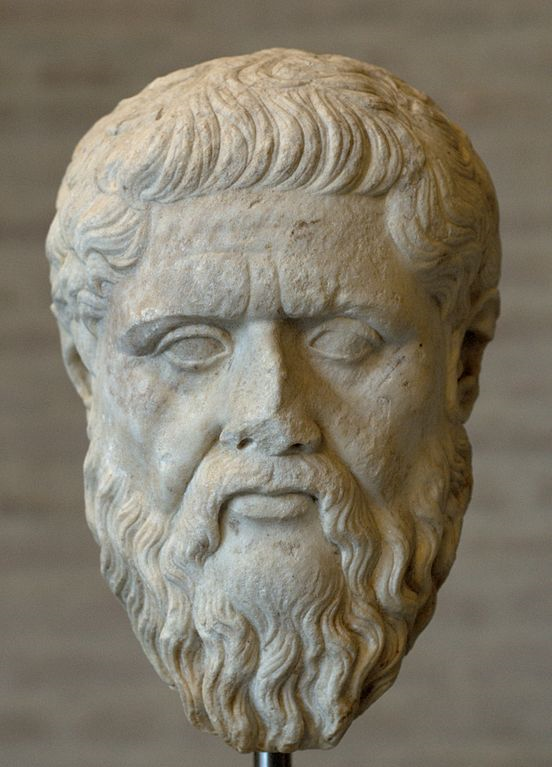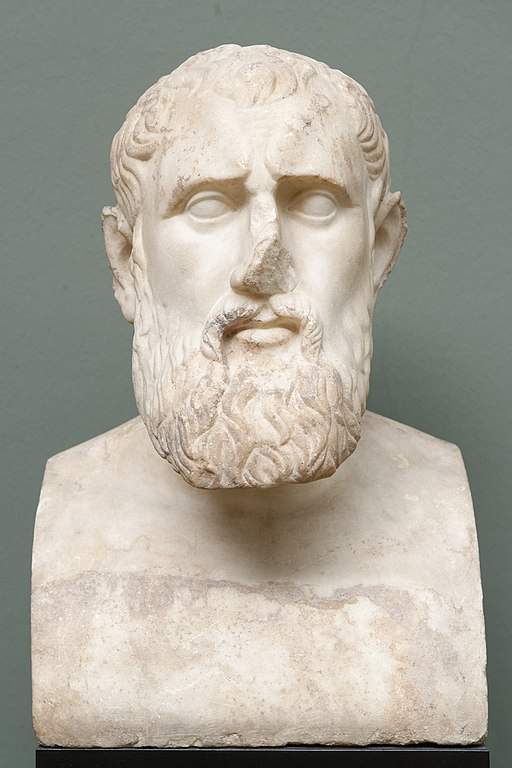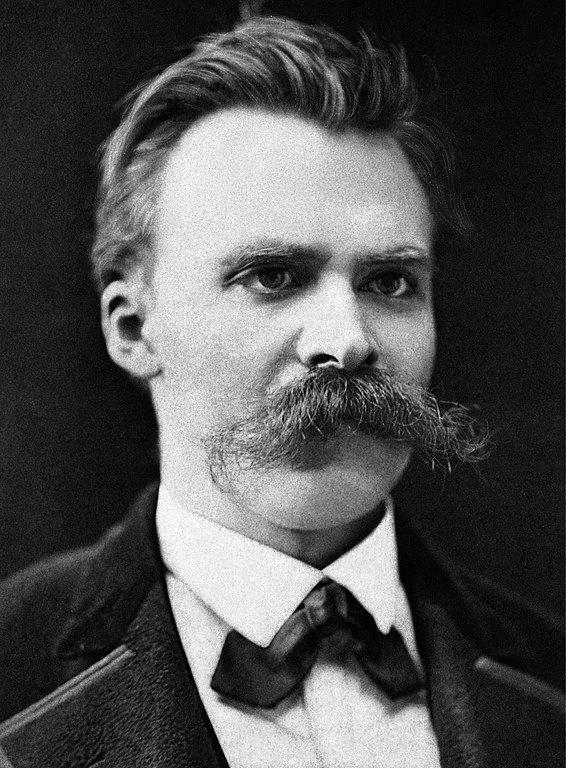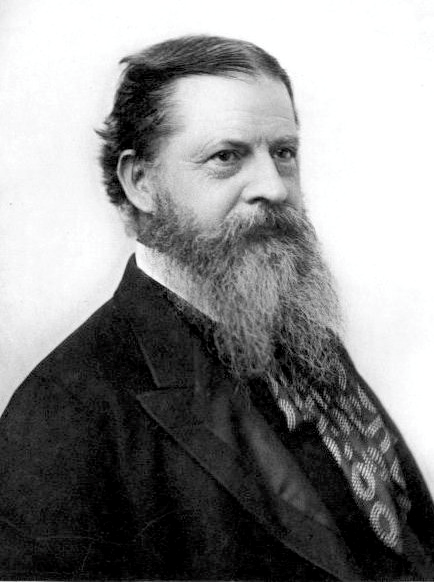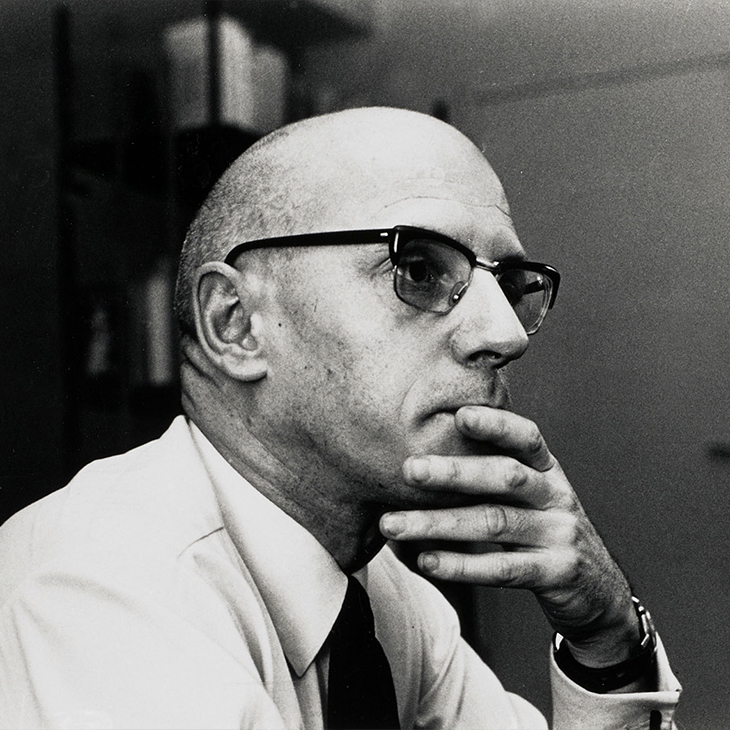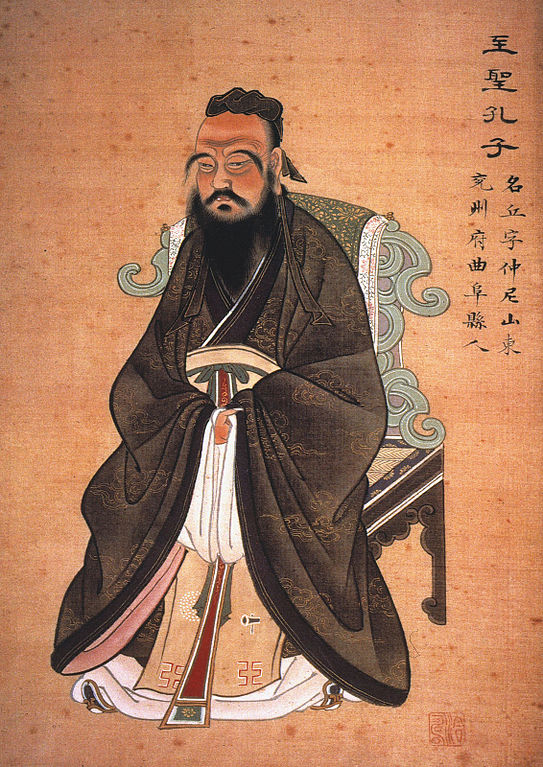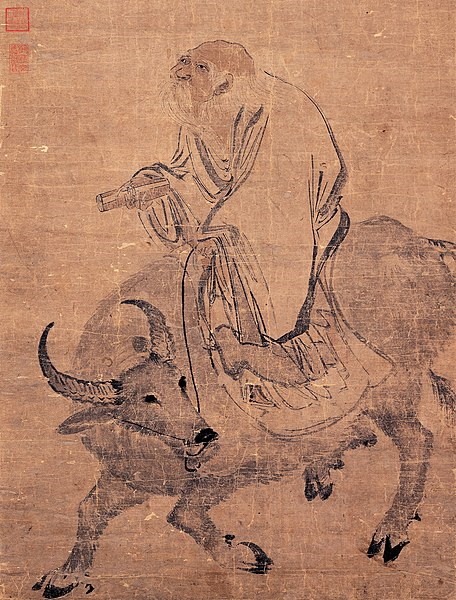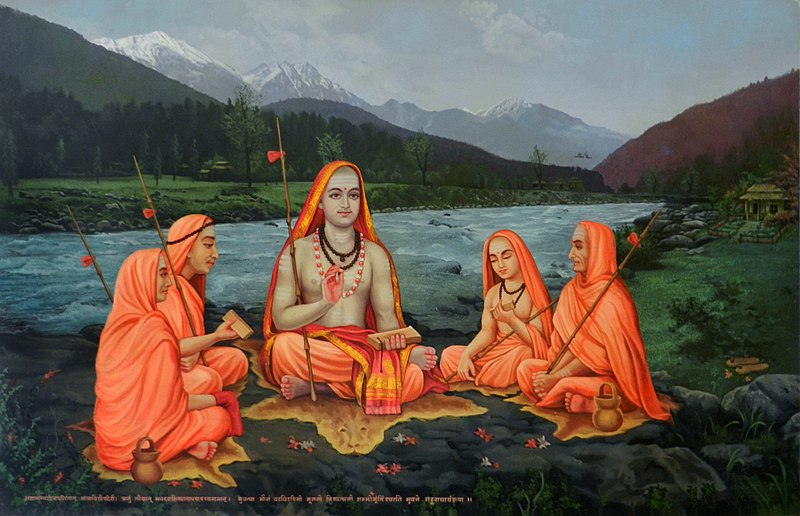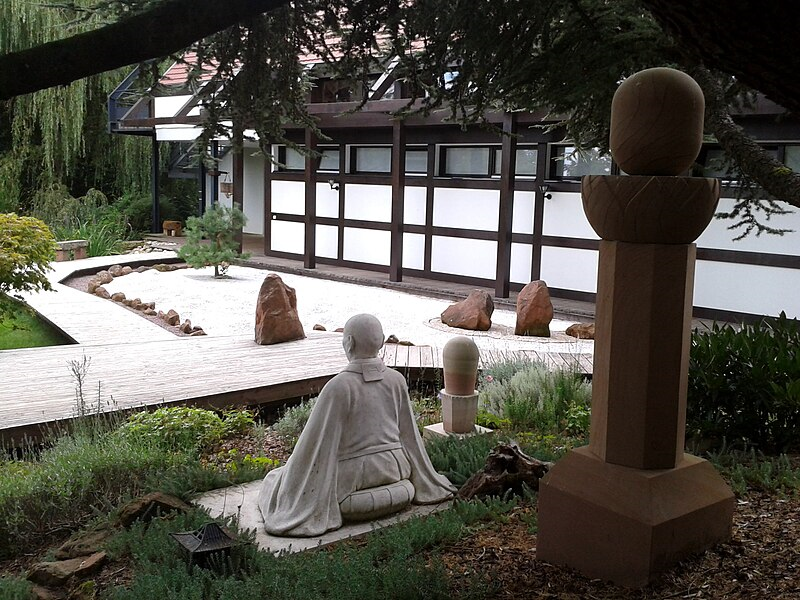Join us on a journey through the philosophical worlds of the West and the East, unlocking boundless lessons about ourselves and our universe.
{{ vm.tagsGroup }}
20 Nov 2024
8 Min Read
Yael Niv Eliav (Contributing Writer), Nellie Chan (Editor)
Join us on a journey through the philosophical worlds of the West and the East, unlocking boundless lessons about ourselves and our universe.
Have you ever wondered why the Western and Eastern worlds feel so distinct—not just in how they live but in how they think? These differences run deeper than geography or culture; they are rooted in philosophies that have defined their identities for thousands of years. At its core, philosophy is the pursuit of wisdom and understanding, guiding societies in interpreting life, establishing values, and navigating challenges. It forms the very foundation of cultures across the globe.
Yet, philosophy is far from one-size-fits-all. Western and Eastern philosophies emerged from vastly different historical and cultural contexts, each offering unique perspectives on knowledge, existence, and ethics. By exploring these two worlds of thought, we can trace their impact on human history and their continued influence on our worldview today. Understanding these differences not only broadens our horizons but also bridges divides, revealing the shared humanity that unites us all.
Western philosophy originated in ancient Greece, where thinkers like Socrates, Plato, and Aristotle sought to understand reality, knowledge, and ethics through logical reasoning and intellectual inquiry. This tradition underscores questioning the nature of existence and pursuing objective truth. Over time, Western philosophy evolved through significant historical periods: the Renaissance revived interest in humanism, fostering individual potential and scientific discovery, while the Enlightenment centred on reason, individual rights, and the foundations of democracy.
Below are the five major schools of thought in Western philosophy:
Founded by Plato, Platonism revolves around the idea of 'Forms'—eternal, abstract realities that transcend the physical realm. Plato taught that sensory experiences are imperfect reflections of these perfect ideals, which govern concepts like morality, beauty, and knowledge. Through philosophical reasoning and introspection, individuals can attain a deeper understanding of these higher truths. Platonism laid the groundwork for Western metaphysics, ethics, and epistemology, inspiring later thinkers to examine existence, morality, and knowledge beyond sensory perception.
Developed by Zeno of Citium and later expanded by thinkers like Epictetus and Marcus Aurelius, Stoicism holds that virtue is the ultimate good and advocates living in accordance with nature. Its core principle is that, while we cannot control external events, we can control our responses to them, thereby nurturing resilience and inner peace. By relinquishing attachment to desires and fears, Stoicism equips individuals to face life's uncertainties with rationality and equanimity, providing invaluable guidance for tranquillity in a volatile world.
Existentialism, set forth by thinkers such as Søren Kierkegaard, Friedrich Nietzsche, Jean-Paul Sartre, and Simone de Beauvoir, emphasises individual freedom and responsibility in a world without inherent meaning. This philosophy posits that life's purpose is not predetermined but is instead defined through personal choices and actions. By wrestling with existential angst—the tension between seeking purpose and accepting life's uncertainties—individuals can lead authentic lives.
Pragmatism, originated by Charles Sanders Peirce, William James, and John Dewey, measures the value of ideas by their real-world applications and practical consequences. Rejecting rigid dogmas, it encourages flexibility in thought and views truth as evolving through experience. By focusing on outcomes and practical results, this philosophy drives innovation and problem-solving, leaving a lasting influence on fields such as education, science, and politics.
Photo credits: Collège de France
Introduced by thinkers like Michel Foucault, Jacques Derrida, and Jean-François Lyotard, postmodernism challenges the validity of grand narratives and absolute truths. It argues that knowledge and meaning, rather than being objective or universal, are constructed by cultural, historical, and linguistic contexts. By deconstructing established norms, postmodernism uncovers underlying biases and power structures, facilitating critical reflection and the embracing of diverse perspectives. Though often controversial, it stimulates dialogue on issues such as identity, power, and the narratives shaping modern society.
Eastern philosophy has its origins in ancient civilisations across Asia, including India, China, and Japan. This tradition reinforces interconnectedness, balance, and harmony between individuals, society, and nature. Early thinkers like Confucius and Laozi reflected on living ethically and in alignment with the natural world, highlighting inner peace, moral conduct, and spiritual enlightenment. Over time, Eastern philosophy evolved through different dynasties and cultural exchanges, impacting not only spiritual practices but also social and political systems across the region.
Below are the five major schools of thought in Eastern philosophy:
Born from the teachings of Confucius, Confucianism advances the cultivation of moral virtue, social harmony, and the importance of relationships in fostering a well-ordered society. Its core principles, ren (benevolence) and li (ritual propriety), direct individuals towards acting with compassion, respect, and ethical responsibility. Confucius taught that personal development and ethical conduct are essential for fulfilling one's roles within family and society. This philosophy has contributed to Chinese culture, education, and politics, upholding values like duty, loyalty, and integrity.
Founded by Siddhartha Gautama, known as the Buddha, Buddhism addresses the Four Noble Truths, which diagnose the nature of suffering and prescribe the path to liberation through the Eightfold Path. In essence, Buddhism is the pursuit of enlightenment through overcoming attachment, ignorance, and desire. Practices such as meditation, mindfulness, and ethical living help instil wisdom and compassion. Over time, this philosophy spread across Asia, evolving into various traditions and offering a practical framework for achieving inner peace and spiritual growth.
Attributed to Laozi, Daoism (or Taoism) is grounded in the concept of the Dao, the natural way or ultimate reality that underlies all existence. Its core doctrine is living in harmony with the Dao by embracing simplicity, spontaneity, and humility. Daoism urges yielding to life's natural flow, likening human action to water—gentle yet powerful when aligned with nature. Through principles like wuwei (non-action), Daoism promotes a philosophy of balance and effortless living. This worldview has profoundly influenced Chinese culture, from traditional medicine and calligraphy to political theory.
Systematised by Adi Shankaracharya, Advaita Vedanta emphasises the non-dual nature of reality. Its central tenet is that the individual self (atman) and ultimate reality (brahman) are one, and ignorance of this unity is the source of suffering. Through practices such as self-inquiry and meditation, Advaita Vedanta aspires to transcend illusion (maya) and realise the higher truth of oneness. Facilitating inner awakening and the recognition of the interconnectedness of all existence, this philosophy has inspired spiritual seekers for centuries, guiding them towards deeper self-awareness and enlightenment.
Emerging as a blend of Mahayana Buddhism and Daoism, Zen Buddhism draws attention to direct experience and meditation (zazen) as pathways to enlightenment. Its fundamental belief is that enlightenment is found in the present moment, beyond conceptual thought or rigid dogma. Zen challenges conventional reasoning with paradoxical questions (koans) to break mental barriers and reveal deeper truths. Flourishing in Japan, Zen has shaped art, tea ceremonies, and martial arts through its simplicity, mindfulness, and appreciation for the beauty of the present.
While Western and Eastern philosophies differ in their perspectives on understanding life and existence, they share common themes, such as the pursuit of wisdom, ethical living, and the quest for meaning. Many Western schools, like Platonism and Stoicism, teach rationality, individual responsibility, and a search for universal truths. Similarly, Eastern philosophies, such as Confucianism and Daoism, value ethical conduct and personal growth while promoting harmony with the world and the interconnectedness of all life. Despite their differences, both traditions guide individuals towards transcending the self—whether through intellectual pursuits of the West or spiritual cultivation of the East.
The primary distinction between these philosophies lies in their approach to reality and the self. Western thought, particularly in Existentialism and Pragmatism, focuses on individual autonomy and the importance of personal choice and action in determining one's destiny. In contrast, Eastern philosophies like Buddhism and Zen Buddhism stress the dissolution of the ego and self-awareness as a means of aligning with universal principles or achieving enlightenment. Furthermore, Western philosophies often prioritise logical reasoning and empirical evidence, while Eastern schools place greater emphasis on intuition, inner reflection, and living in accordance with nature or the divine.
Ultimately, both traditions provide valuable insights into how we might live meaningfully in the world, whether by cultivating virtue, questioning assumptions, or seeking enlightenment.
By exploring the philosophies of both West and East, we gain two powerful lenses through which to understand the world. Each tradition presents its unique take on life's fundamental questions—knowledge, morality, and existence—but the true value derives from how these perspectives can complement each other. Western philosophies urge us to question, challenge, and define our own path, while Eastern philosophies encourage us to embrace harmony, reflect inwardly, and live in balance with the world around us.
In an increasingly divided world, these teachings remind us that wisdom is not confined to a single place or way of thinking. Whether drawing on the rational inquiry of the West or the meditative mindfulness of the East, both can help us build a more meaningful, balanced life. In the end, it is about integrating the best of both worlds—reason and reflection, action and stillness, individuality and interconnectedness—towards a more comprehensive understanding of the self and the universe.
Yael Niv Eliav is currently pursuing a Bachelor of Social Science (Honours) in International Relations at Taylor's University. She is not only a critical writer with a deep interest in colonial literature and history, but also a vocal advocate for human rights and social justice, particularly in the Middle East and Asia.
